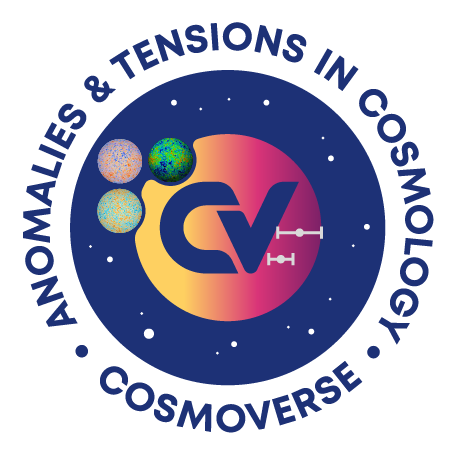What is your name, affiliation, academic position, and job title?
Brent Tully, Emeritus Astronomer, Institute for Astronomy, University of Hawaii
What is your journey?
I grew up in Vancouver, Canada, where I received a Bachelors of Science degree in Physics and
Mathematics from the University of British Columbia. Subsequently, in 1972 I received a PhD in
Astronomy at the University of Maryland in the USA. After taking a year off to see the world, I spent
two years as a postdoc at the Observatoire de Marseille in France. Then in 1975 I took up a faculty
position at the University of Hawaii where I have remained, save for sabbatical visits that have taken
me to La Serena, Chile, Paris and Nice, France, Bologna, Italy, Groningen, the Netherlands, Munich
and Potsdam, Germany, Victoria, Canada, and Santa Cruz, USA.
What is your field of research and/or what project are you involved in?
I have studied the properties of galaxies and their distribution in the cosmos. Measurements of the
distances of galaxies constrain the size and age of the universe. Deviant velocities in response to the gravitational field provide information on the distribution of matter. The large scale structure in the
distribution of galaxies was born out of fluctuations at the time of the birth of the universe.
What positions have you held, when and where?
Postdoc in Marseille; faculty position at the University of Hawaii.
What are your research plans?
I continue to gather information on the distances of galaxies which inform us of the age of the
universe, and of the peculiar motions that allow a mapping of large scale structure.
How does CosmoVerse fit within those plans?
I am happy to communicate with colleagues about what we are finding and equally learning from
others.
Which of your skills are you most proud of, or find most useful?
I have been able to find interesting research projects that have attracted little attention and make
good progress with little competition.
What new skills would you like to learn in the next year?
I am looking forward to re-learning some basic skills needed for photometric measurements of faint
extended sources.
What are the most exciting open questions in your research area?
Cosmologist’s favourite Lambda Cold Dark Matter model of the cosmos evidently is incomplete but
why?
What advances or new results are you excited about or looking forward to?
A sufficiently accurate measurement of the Hubble constant to settle the contemporary controversy
is within a few years of resolution.
What is your view on cosmic tensions? How does your work connect with this open
question in the community?
I make observations of the scale and structure of the universe. In addition to the Hubble constant
tension, I see bulk flows on larger scales than anticipated by the LCDM model as a serious tension.
In my view, the LCDM model is probably incomplete.
In your career so far, at what point were you the most excited, and what were you excited
about?
In work in 1984 with Ed Shaya, we published papers on cluster infall that lead to ideas about the
accretion of angular momentum and differentiation of spiral and ellipticals that we found satisfying
but which received little attention.
What is the biggest obstacle that is slowing down your research field right now?
Almost all the money going to mega-projects and not much to individuals with good ideas.
What role do you think a community network like CosmoVerse can play in developing
theoretical astroparticle physics and cosmology?
We in the community need to be talking to each other.
What do you like and dislike about being a scientist?
Only like. Nobody in authority understands what I am doing so nobody tells me what to do.
What’s your favourite food? Why?
I’m content that my wife is a good cook.
Your favourite scientist and/or science fiction film?
Nick Kaiser who just died. I don’t much like science fiction films.
How do you relax after a hard day of work?
Go to sleep.
What non-physics interests do you have and want to share?
Travel. Colleagues know of the Tully index = # countries visited / age which I’ve maintained at over
one. Over 50 years, I’ve been lucky enough to have seen the human condition not just in the
modern context.
If you were not a scientist, what do you think you would be doing?
I was not good enough at hockey and driving a race car was too dangerous on the long term, so good
thing I found research in astronomy.
What do you hope to see accomplished scientifically in the next 50 years?
That would put me at age 130. It would be nice to imagine.
In your view, what’s the most important challenge that humanity faces currently?
We have been lucky to survive 70 years without using any of the thousands of nuclear weapons
available. There are those who would use them. I suspect that in the millennia ahead they will be
used.

